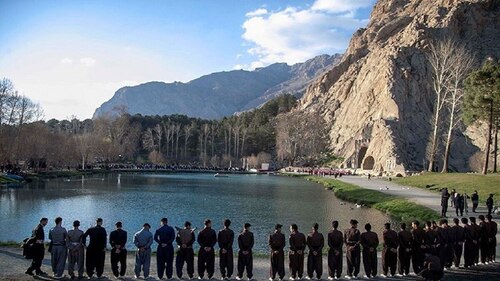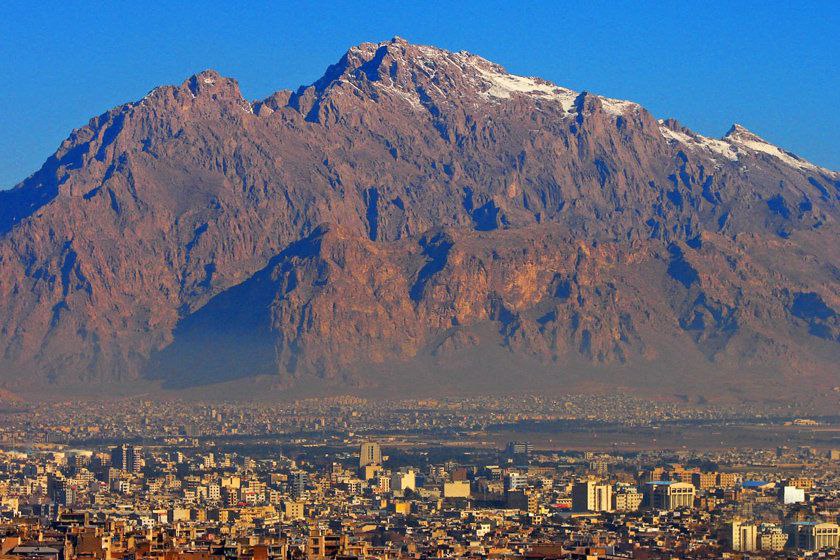Kermashan is the largest city in the East part of Kurdistan with a population of nearly 2 million; for more than a hundred years, most of the political and cultural projects of the Qajar and Pahlavi central authorities in Iran have been directed toward Kermashan to change the cultural and linguistic situation and continue. Of course, one of the main cultural and political issues in Kermashan has been about the name of the province and city of Kurdistan. Kermashan is the Kurdish name of this region in the east and Kermanshah is its Iranian-Persian name.
The region now known as Kermashan has had different names since different historical periods. The present province of Kermashan was one of the main centers of Kurdish settlement during the Median period. After coming Islam to the East part of Kurdistan, it was called Mah in Arabic historical sources for several centuries, which was a modified form of Median (Mad). During the Seljuk period, the entire region of the eastern part of Kurdistan was called the “Kurdistan Province”, including Kermashan.
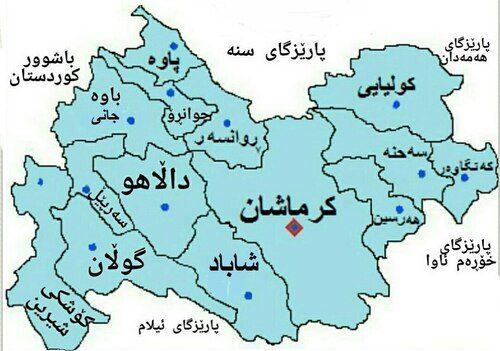
The word “Kermanshah” was used only to refer to the city of Kermashan until the beginning of the Safavid rule, but the region of the East part of Kurdistan was still known as “Kurdistan”. Along with the Safavid rule, the name “Kermanshah” was used to refer to all the areas around Kermashan and they were called “Kermanshahan”. During the reign of Pahlavi I and Reza Shah in 1938, Kermashan became the “fifth province” which included Kermashan, Sna, Ilam, Shabad, Salas (Malayar, Nahavand, and Tuisarkan), and Hamadan. Since that year, the name of the province was officially changed to Kermanshah.
Persians, non-Kurds, politicians, and the administrative and official system in Iran know and call the province and city of Kermashan “Kermanshah”; however, linguistic, historical, and even folklore evidence of this region proves the fact that Kermashan has always been “Kermashan” and “Kermanshah/Kermanshahan” is a somewhat colonial and artificial name that has been given more importance since the late Qajar and early Pahlavi rule and Iranian governmental laws.
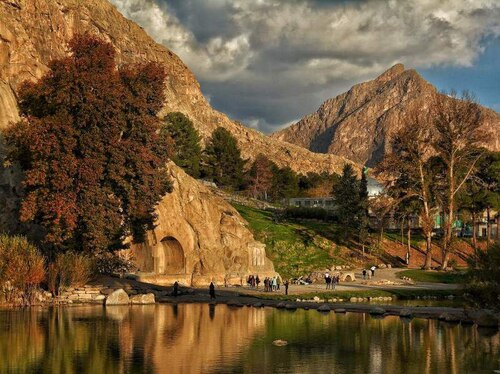
There are three different views on the meaning and origin of the name Kermashan; the first view indicates that the real name of this city was “Kermanshah” and with this precondition, they have studied its origin and meaning. These people believe that “Kermanshah” comes from Bahram IV, the Sassanid king whose title was “Kerman Shah” meaning king of Kerman and he built this city. The second view is that the root of the name Kermashan comes from “Kermashan” and “Kerminshan” and the Arabic forms such as “Qermasin” and “Qermisin” are derived from Kermashan and Kerminshan. The third view indicates that the name of this city was “Kermanshahan” meaning Vineyard.
Mohammad Mokri, a linguist and researcher from Kermashan, rejects most of these views and believes that the name of this Kurdish city and province was “Kermashan”; the name of this city was originally “Kermachan/Kermajan/Kermashan” meaning the city of people and subjects. In Islamic history, it is called Qarmasin/Qarmansin and Qarmisin/Qarminsin, which comes from Kermach and Kermanj. Hazhar believed that the word Kermashan was the changed form of “Kermanj shar” or “Kermanjan” meaning the city of the Kermanjs.
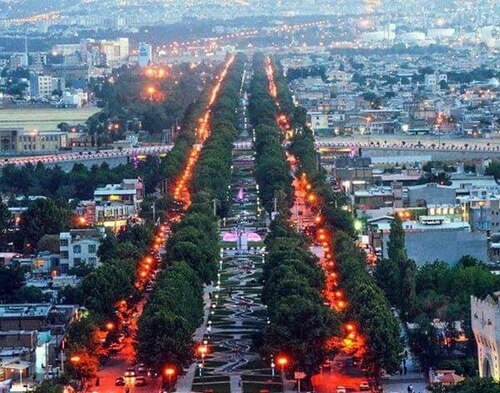
The most important point is that the people of this region used Kermashan to refer to this city until before the Pahlavis renamed it Kermanshah and no one mentioned Kermanshah. The folklore of this region is also full of poems, songs, and stories that refer to the Kurdish name of Kermashan. In the folk poems of Kermashan collected by Mokri in 1950, only Kermashan is mentioned and there is no reference to “Kermanshah”.
In general, historical, linguistic, and folklore evidence of Kermashan proves the fact that work may have been done on this eastern city for a century with the aim of Iranizing Kermashan and erasing its Kurdish identity to “Kermanshah”! But even the name of this great city in the language of the people of the east is still Kermashan and has not become “Kermanshah”! The identity of Kermashan has remained and will remain Kurdish.
